Bhiwandi is a prominent commercial hub and an important trade center that plays a key role in linking Mumbai to the rest of India via the Mumbai–Agra Highway. Traditionally celebrated for its thriving textile industry, Bhiwandi once housed a vast network of power looms that contributed significantly to its economy. However, in recent years, the city has faced economic challenges, leading to the shutdown of a substantial part of its textile sector.
Beyond textiles, Bhiwandi has evolved into a major logistics and warehousing hub, especially with the growth of e-commerce in India. Its strategic location and excellent connectivity have attracted many companies to set up large distribution centers, making it a critical point for goods movement across Western India. Despite facing industrial setbacks, Bhiwandi continues to adapt, diversifying its economy and playing an increasingly vital role in the Mumbai Metropolitan Region’s overall economic landscape.
Area : 698 Sq.Km
Population : 8.74 (Lakhs)
Bhiwandi, located in the Thane district of Maharashtra, has a rich history rooted in traditional textile production. Originally a small town known for its handloom weaving, it gradually developed into a major textile hub with the rise of power looms in the 20th century. By the 1970s and 1980s, Bhiwandi became one of India’s largest centers for synthetic fabric production, attracting a large migrant workforce from Uttar Pradesh, Bihar, and other parts of Maharashtra.
Historically, the town benefited from its proximity to Mumbai, India’s financial capital, and became strategically important for trade and supply chains. Over the decades, the city grew rapidly but also struggled with issues like poor urban planning, congestion, and industrial pollution.
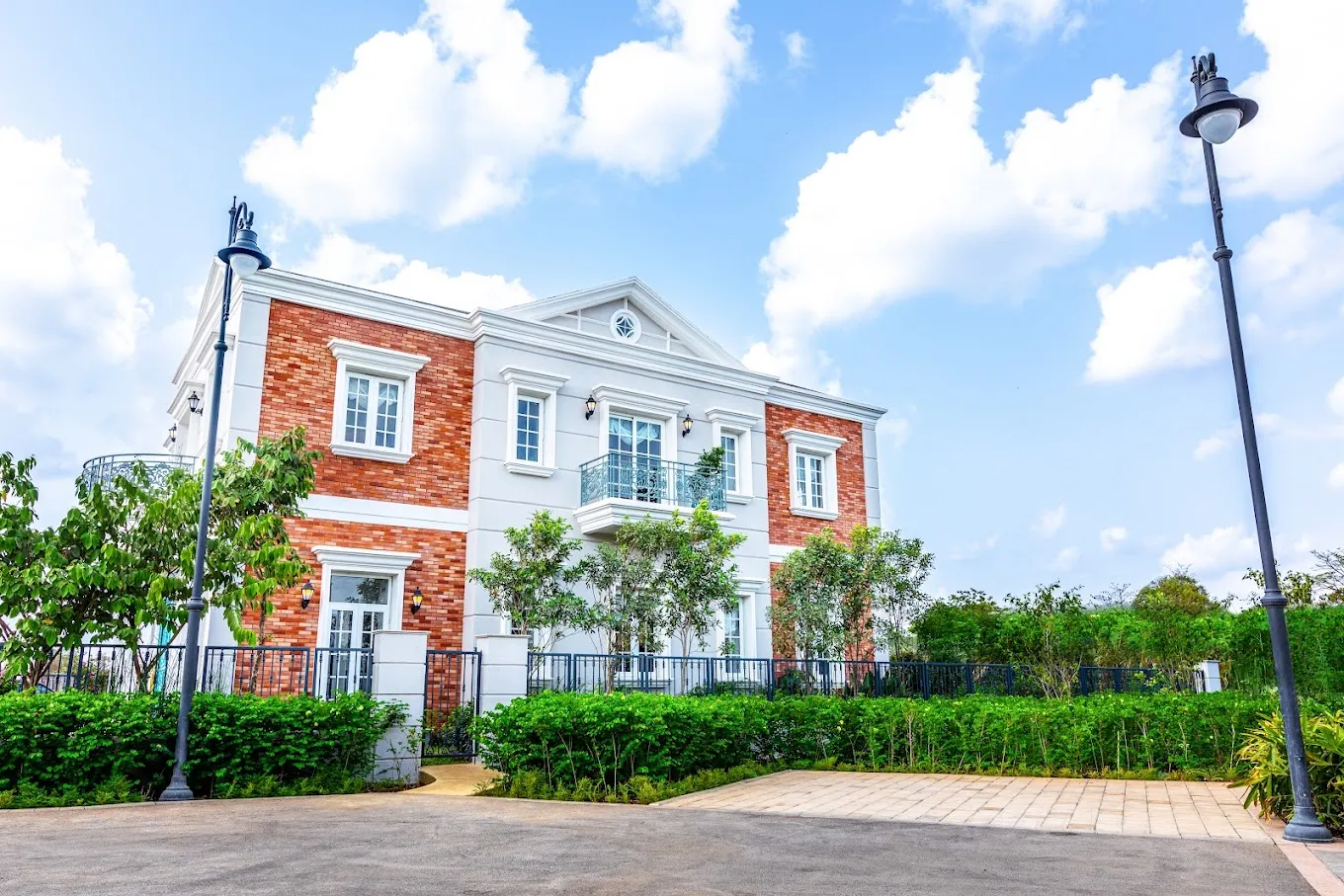
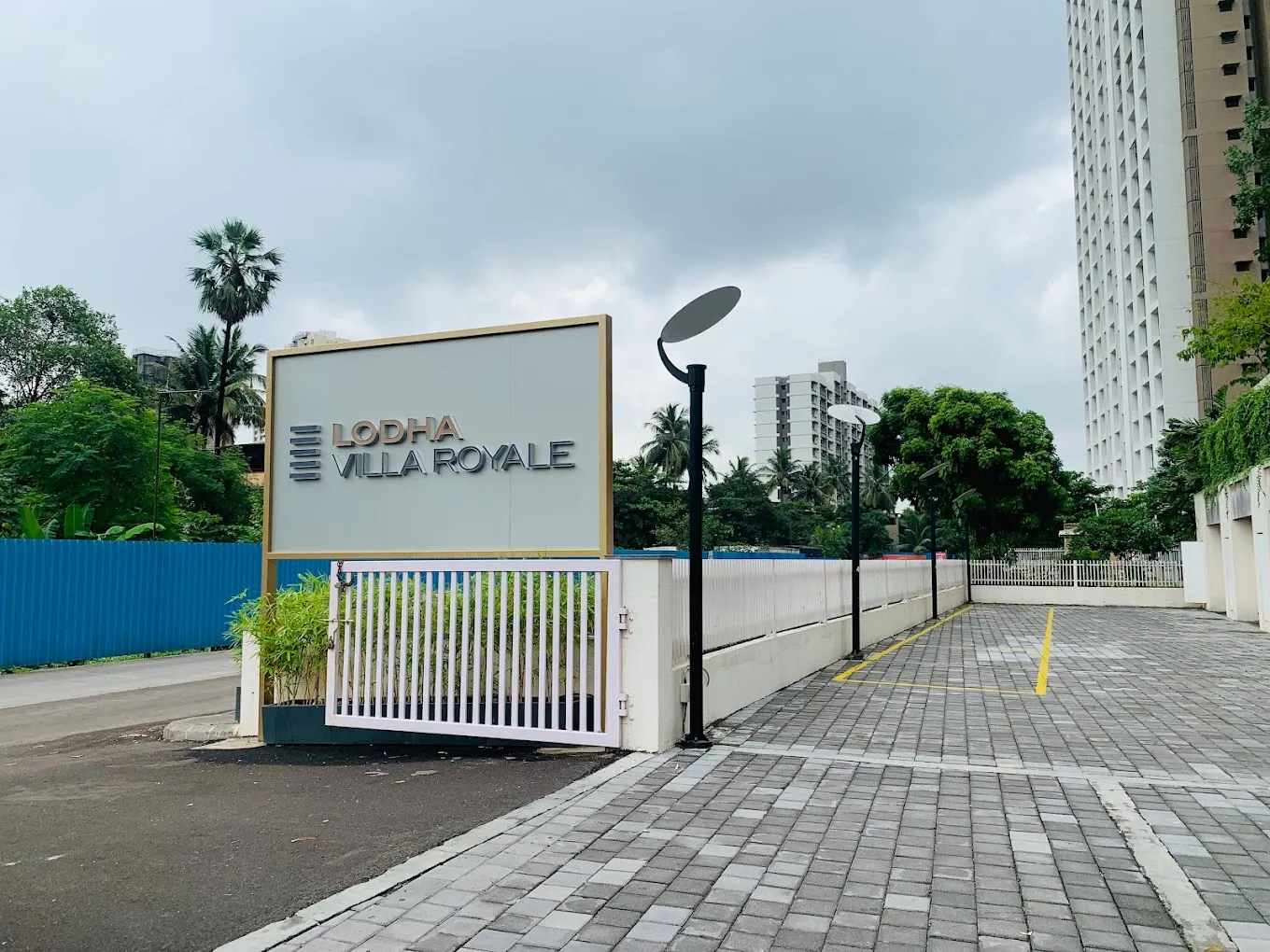

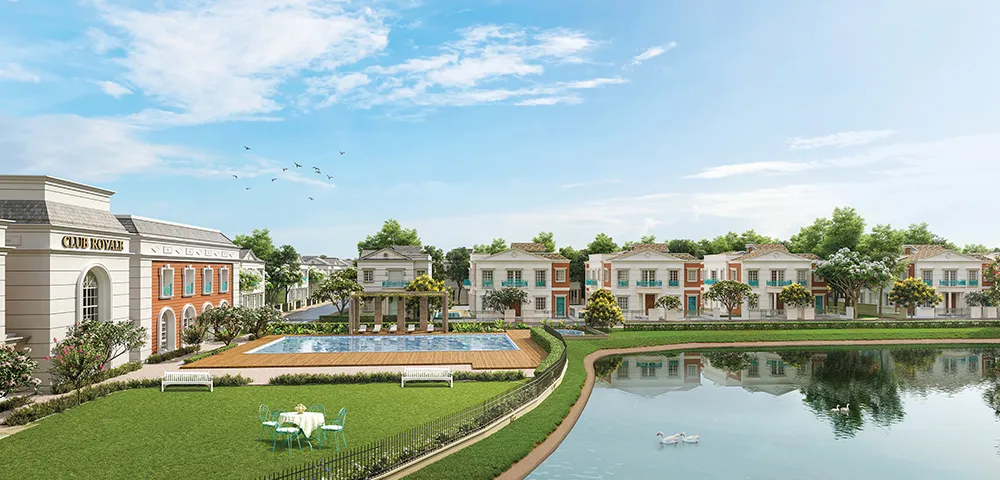
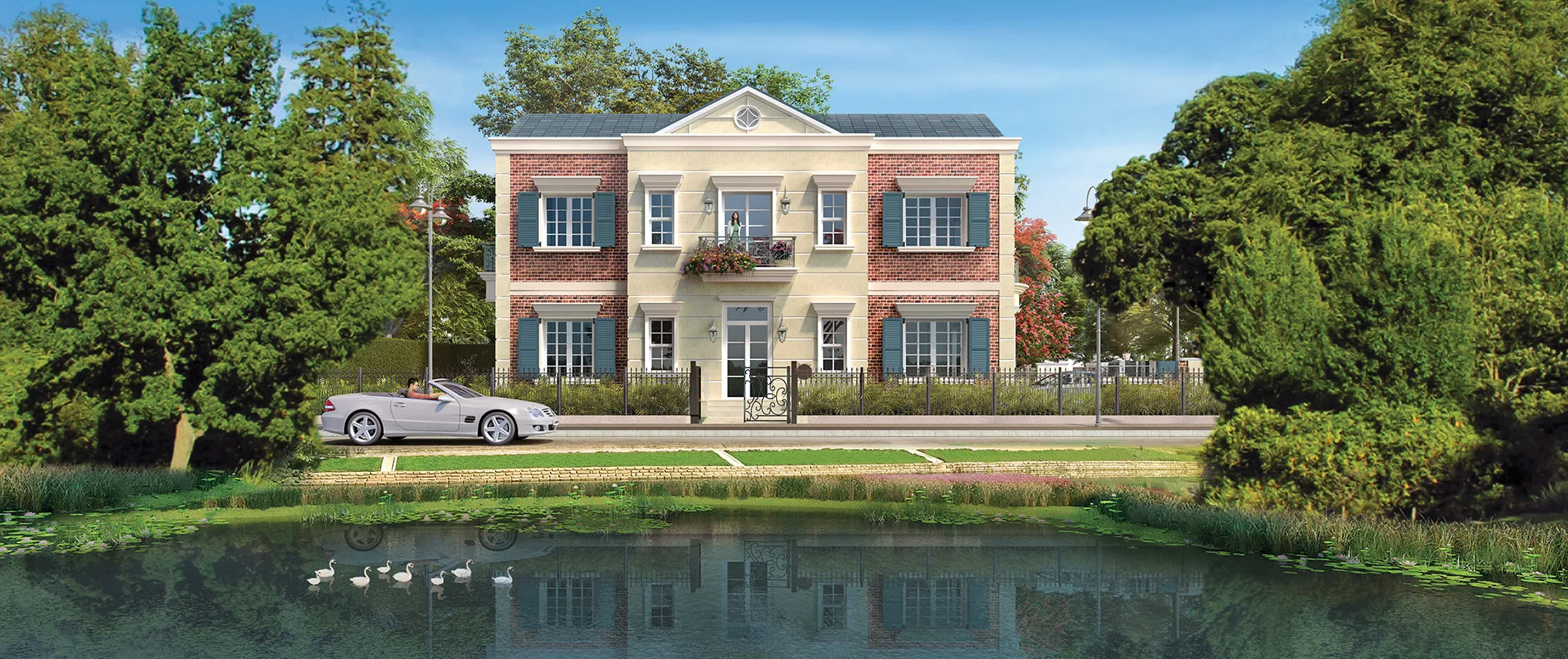


EMI Starting : ₹ 2,31,840
 Lodha Villa Royale Gold
Lodha Villa Royale Gold
Lodha Group
|
Starting : |
₹ 3.45 Cr |
Bhiwandi $, Bhiwandi
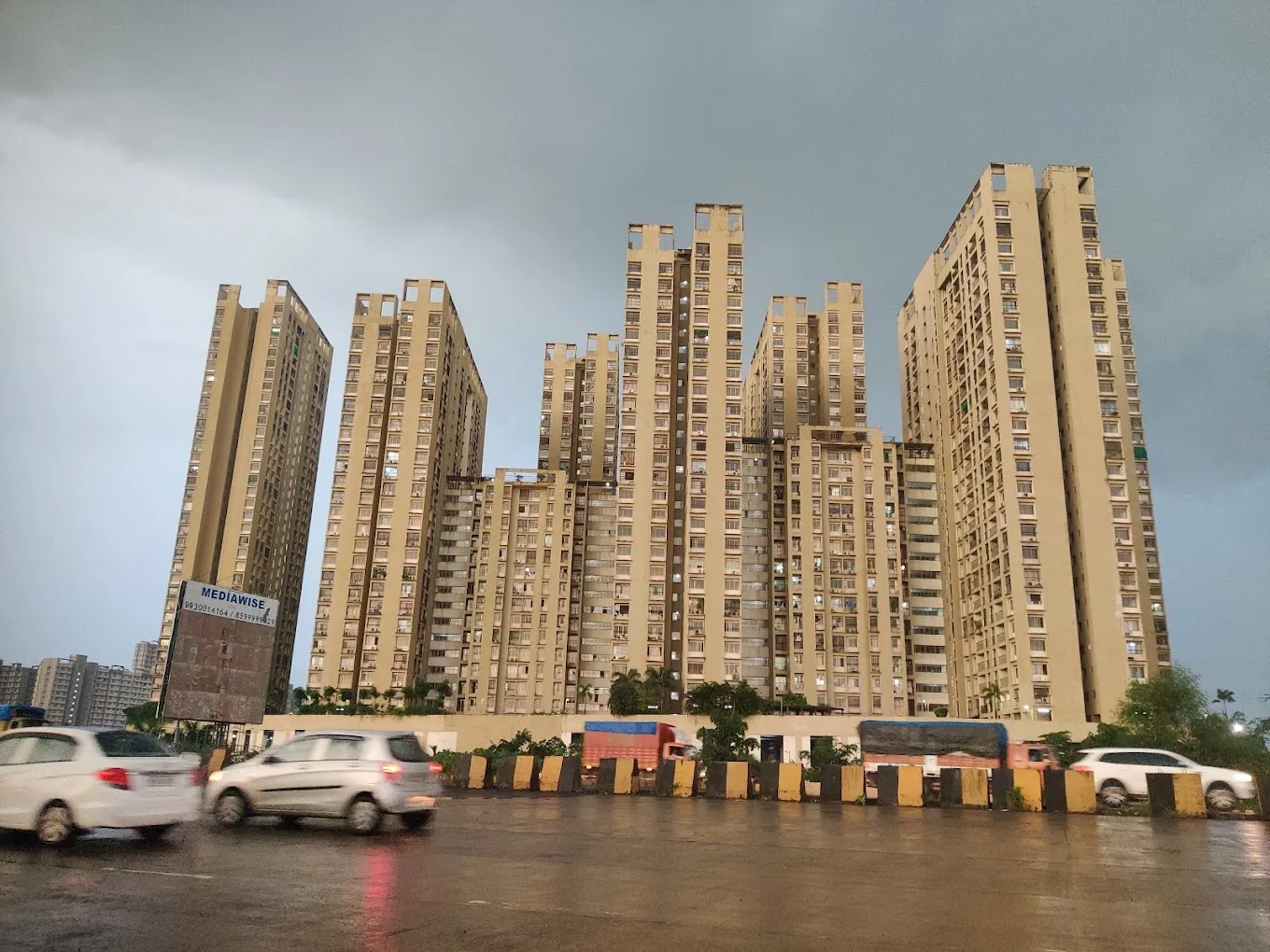
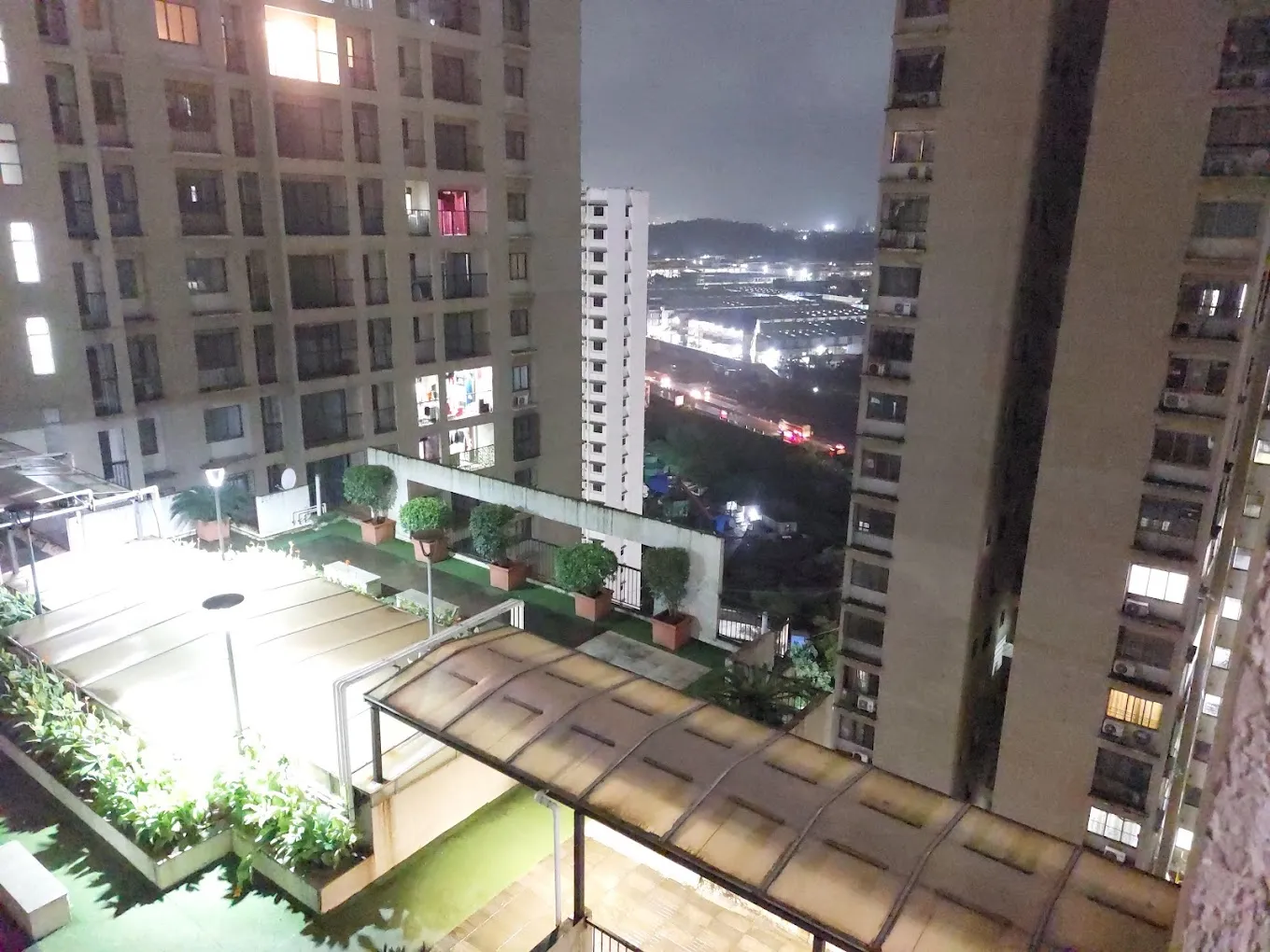
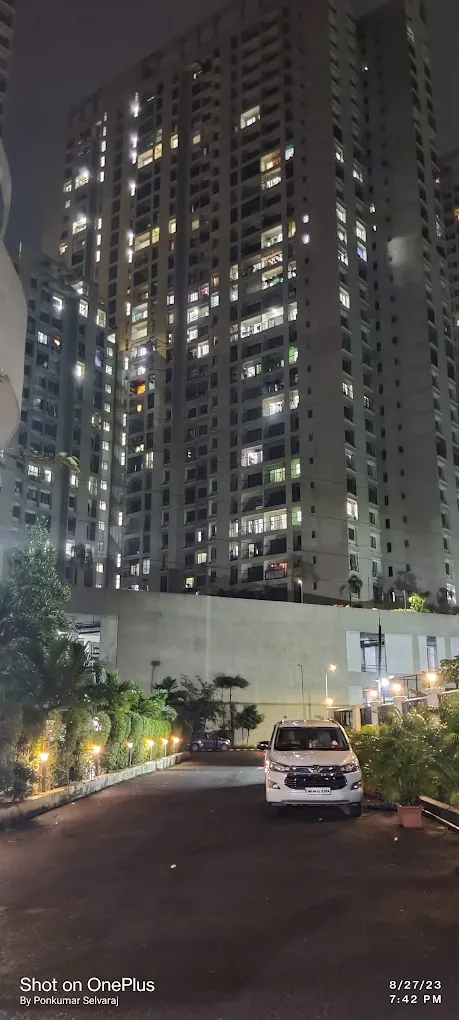
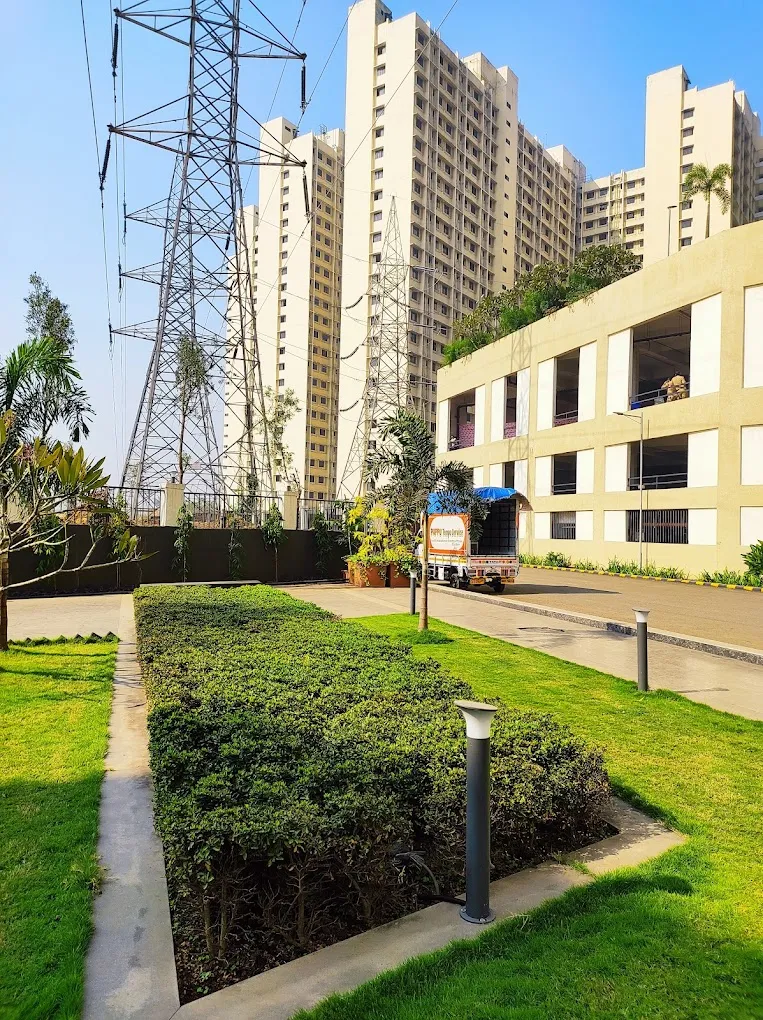

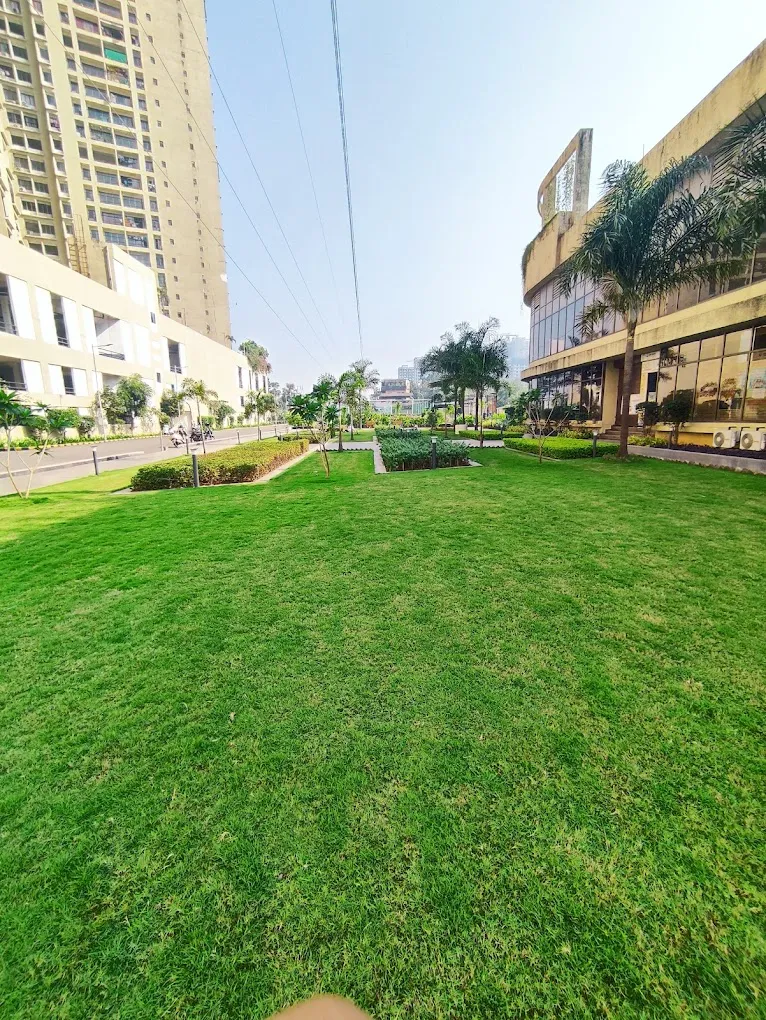
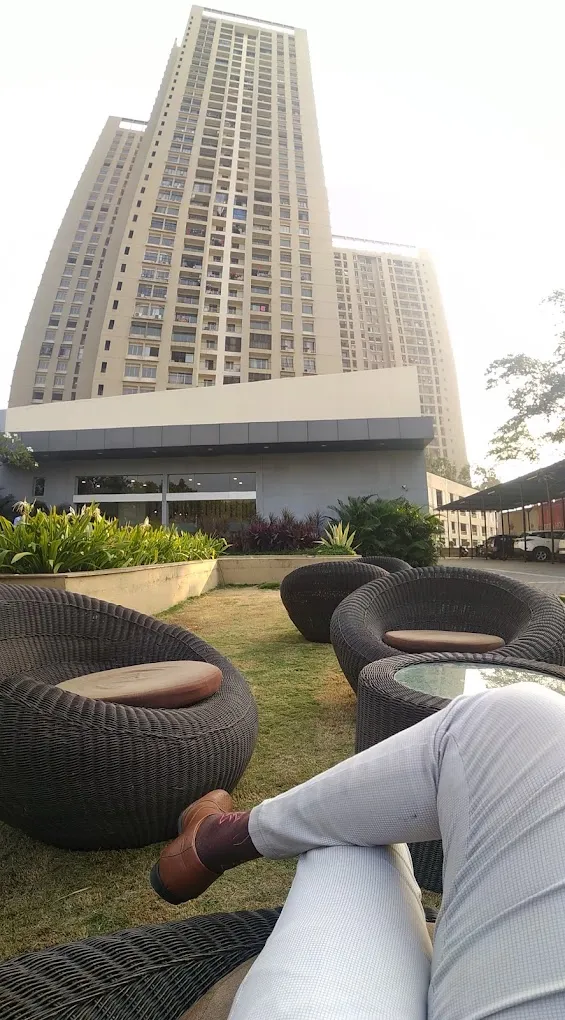
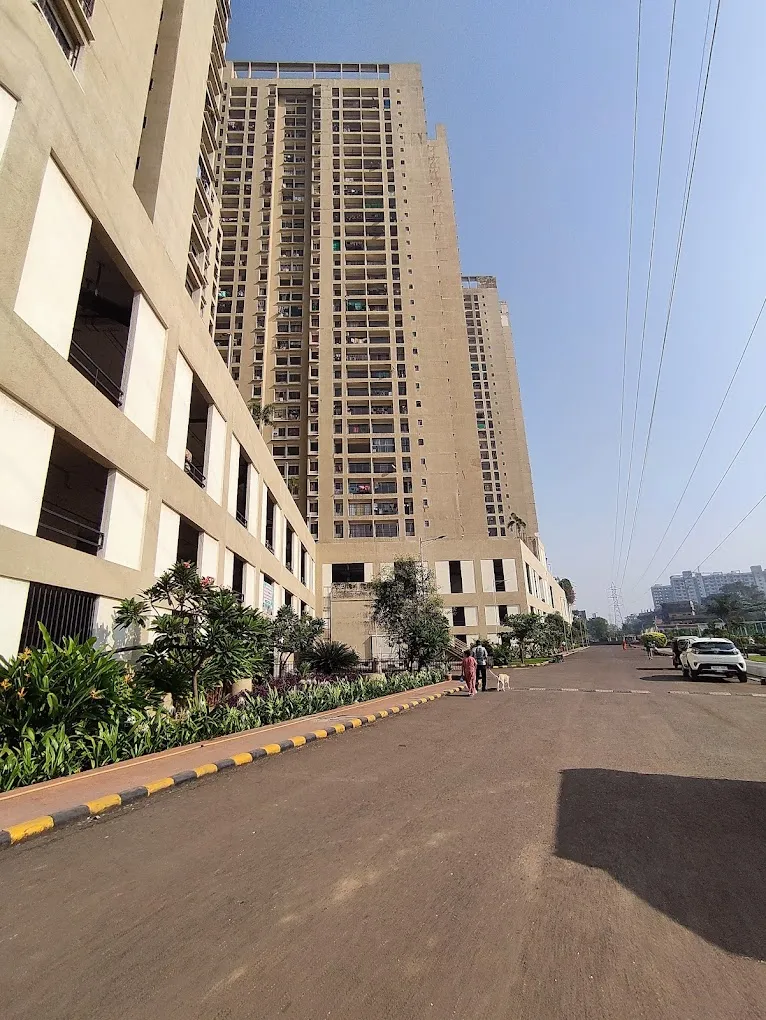
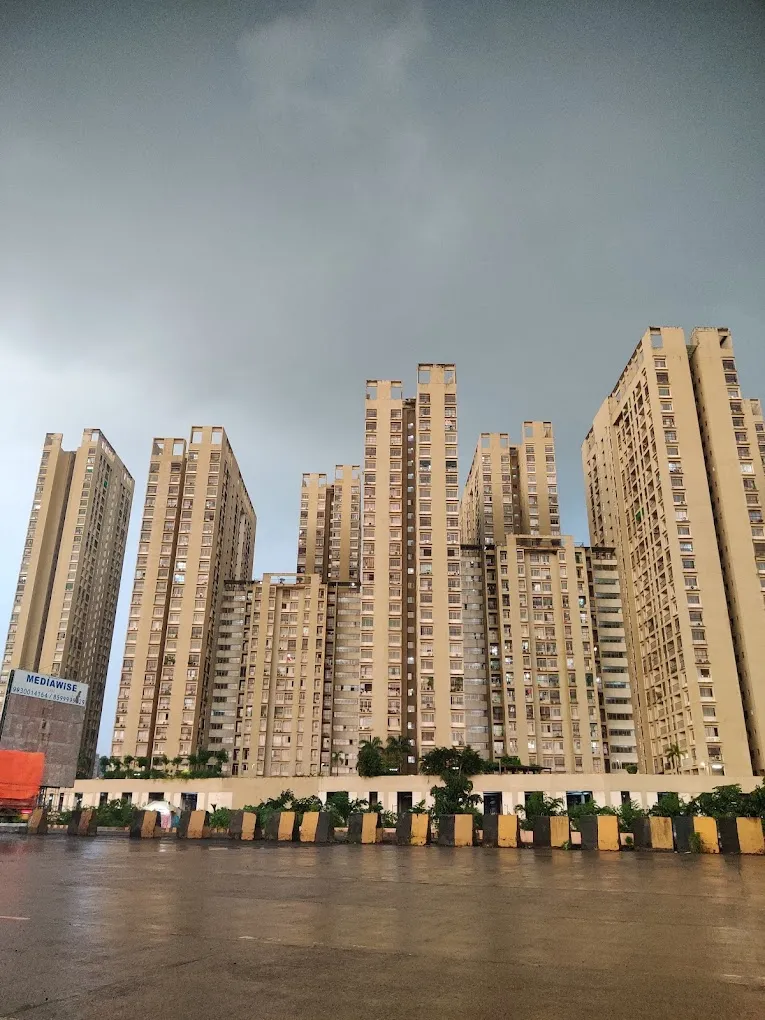
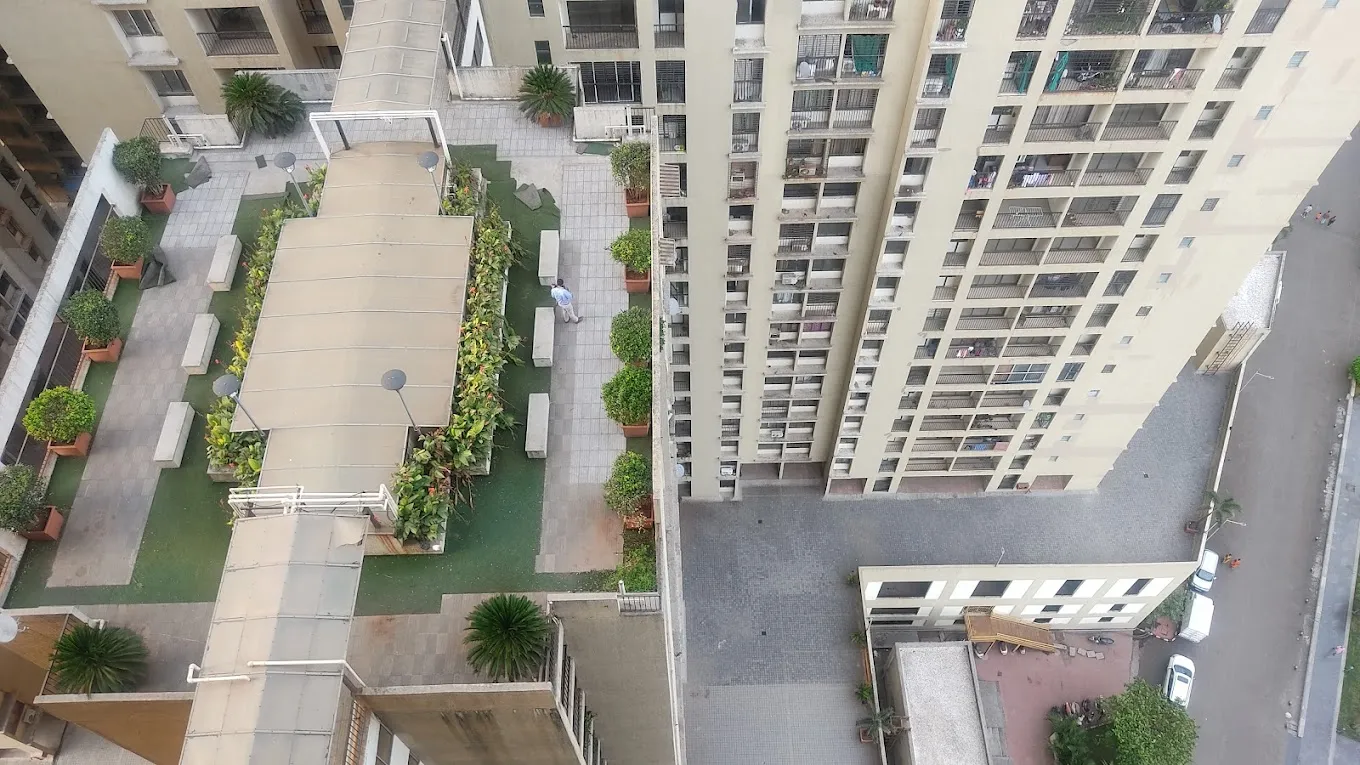
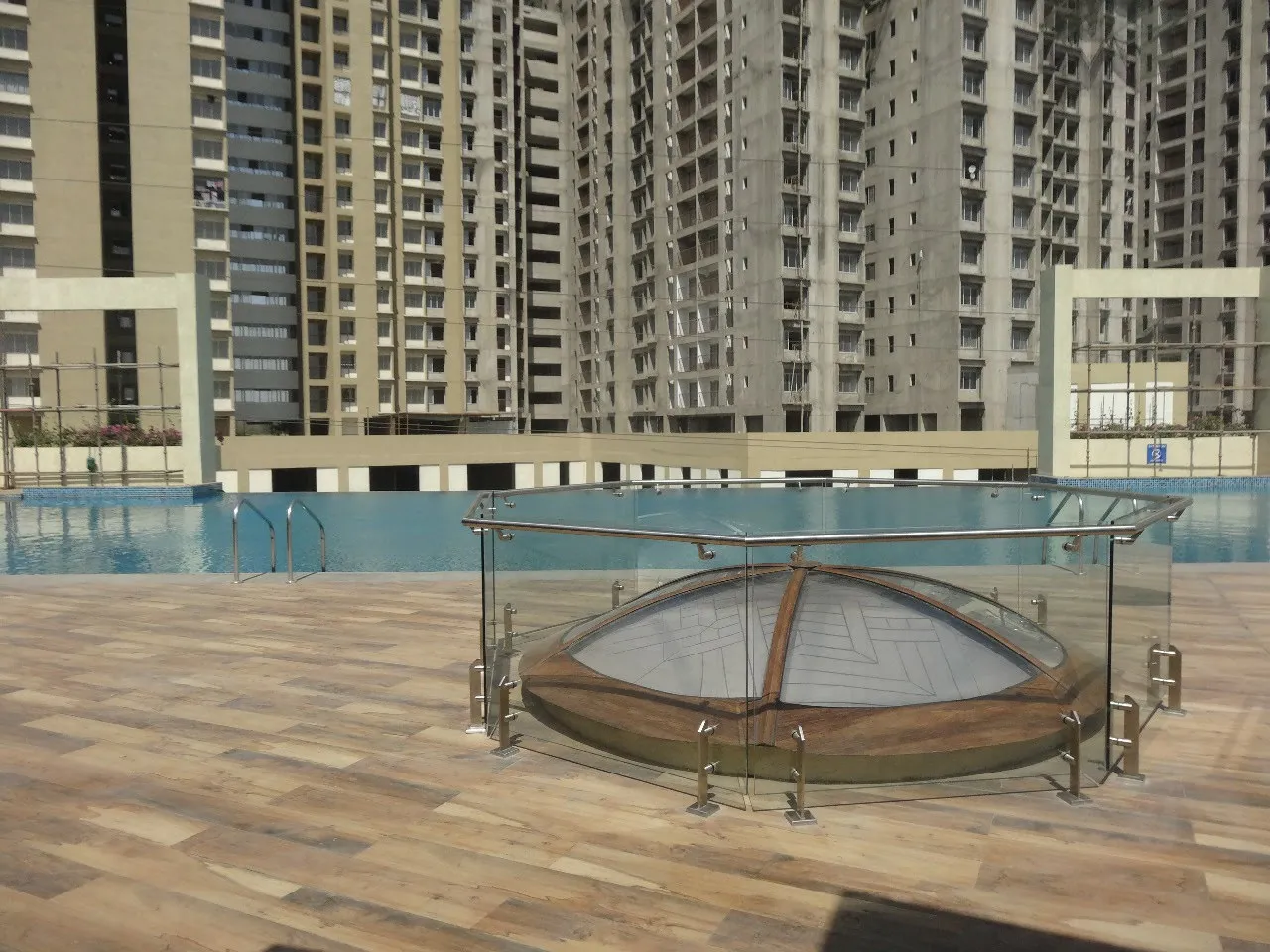

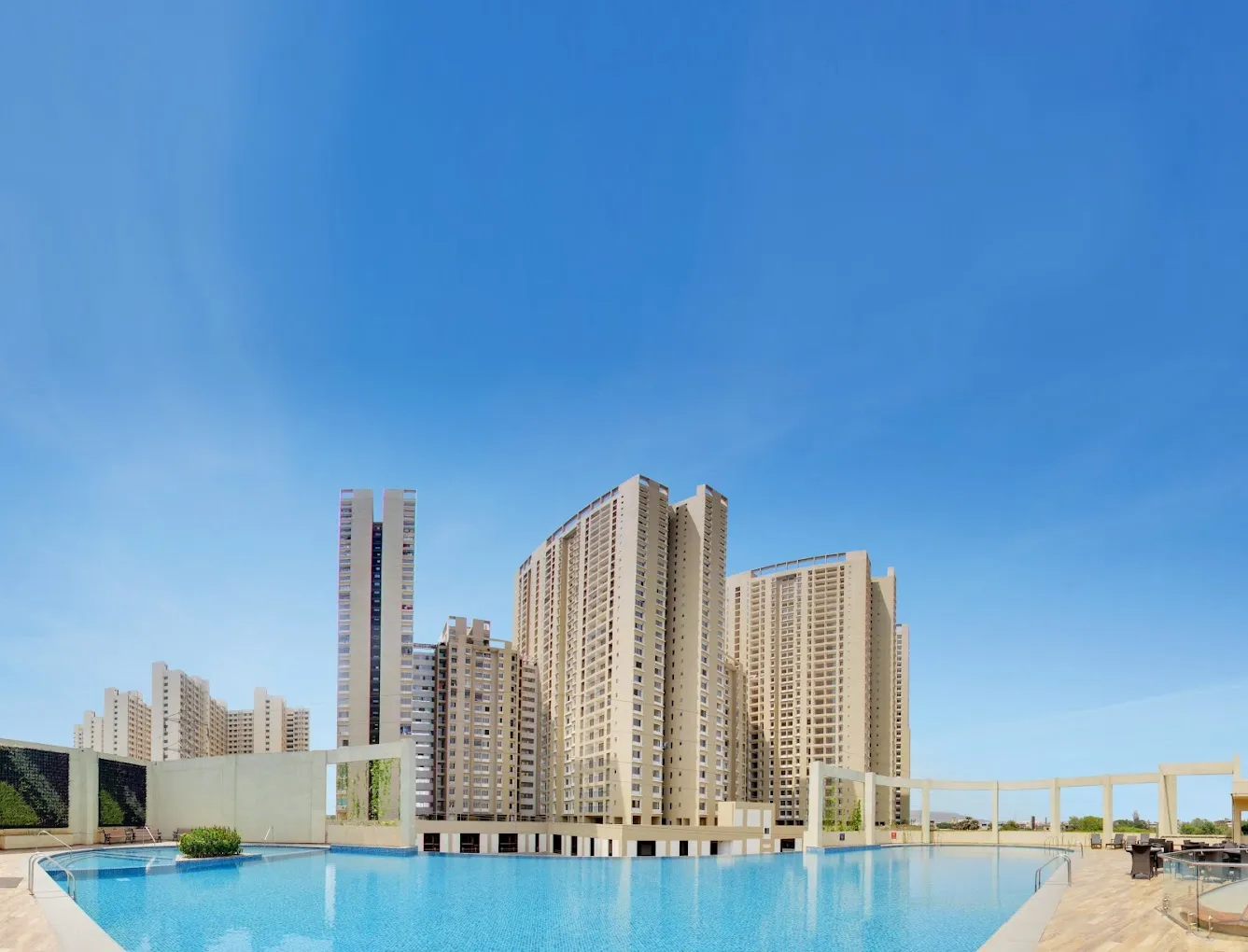
 Tata Amantra
Tata Amantra
Tata Group
Bhiwandi $, Bhiwandi

EMI Starting : ₹ 2,31,840
1 property at ₹3.45 Cr


EMI Starting : ₹ 2,31,840
1 project Starting ₹3.45 Cr

1 project


Starting 3.45 Cr


Starting 3.45 Cr
